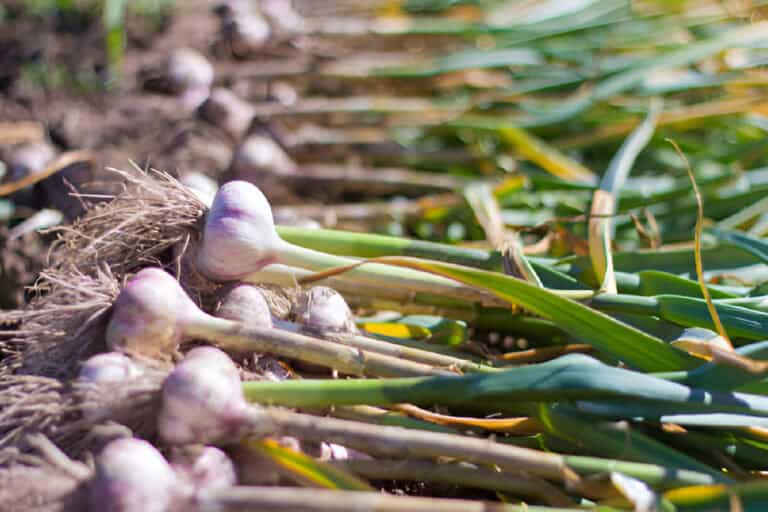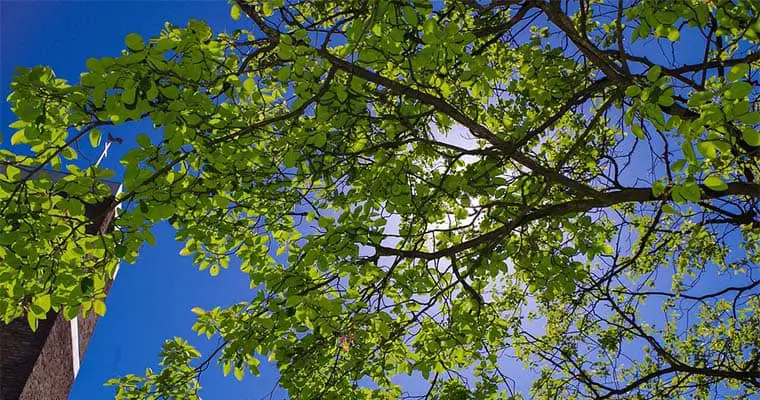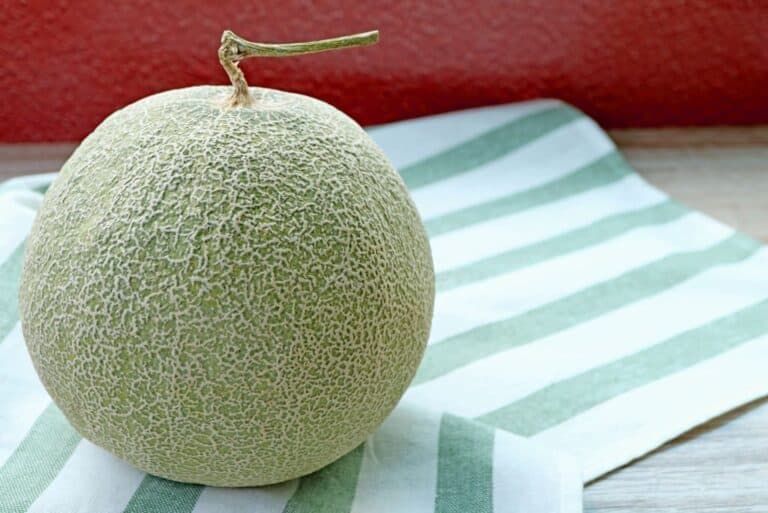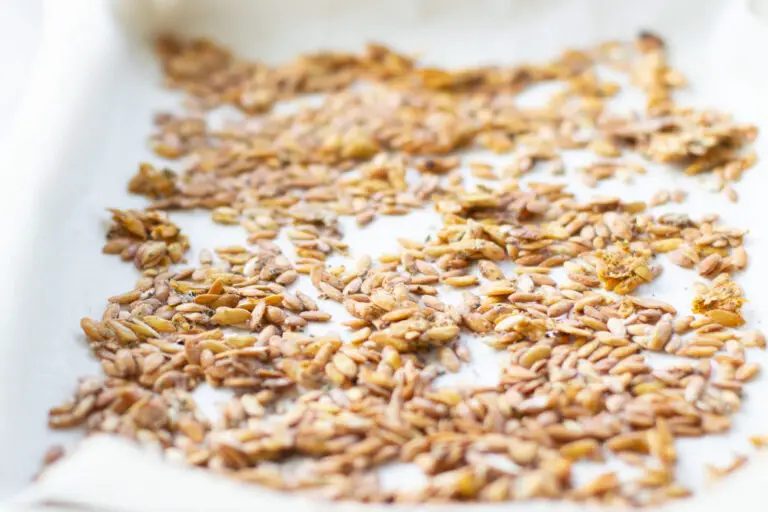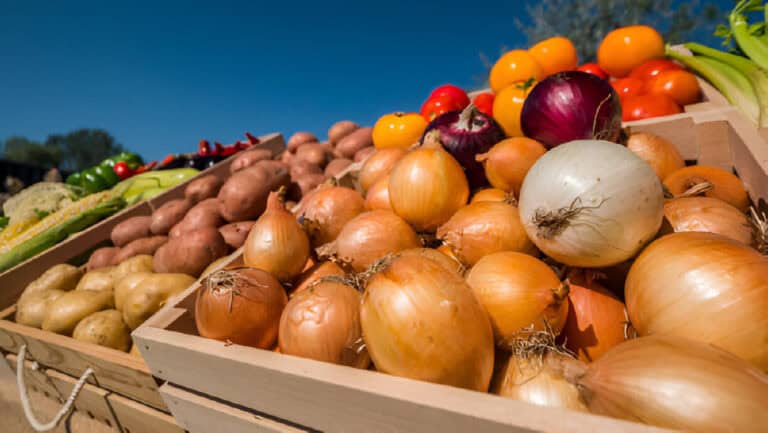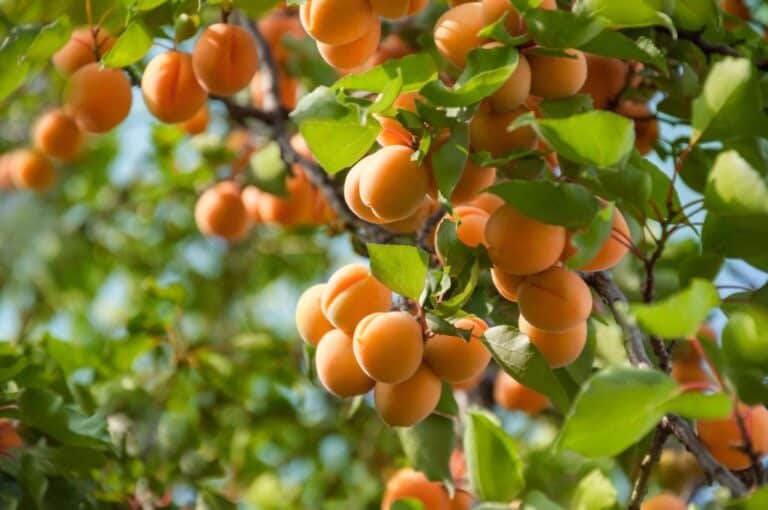Is Seedless Watermelon Taste Sweeter Than Seeded One?
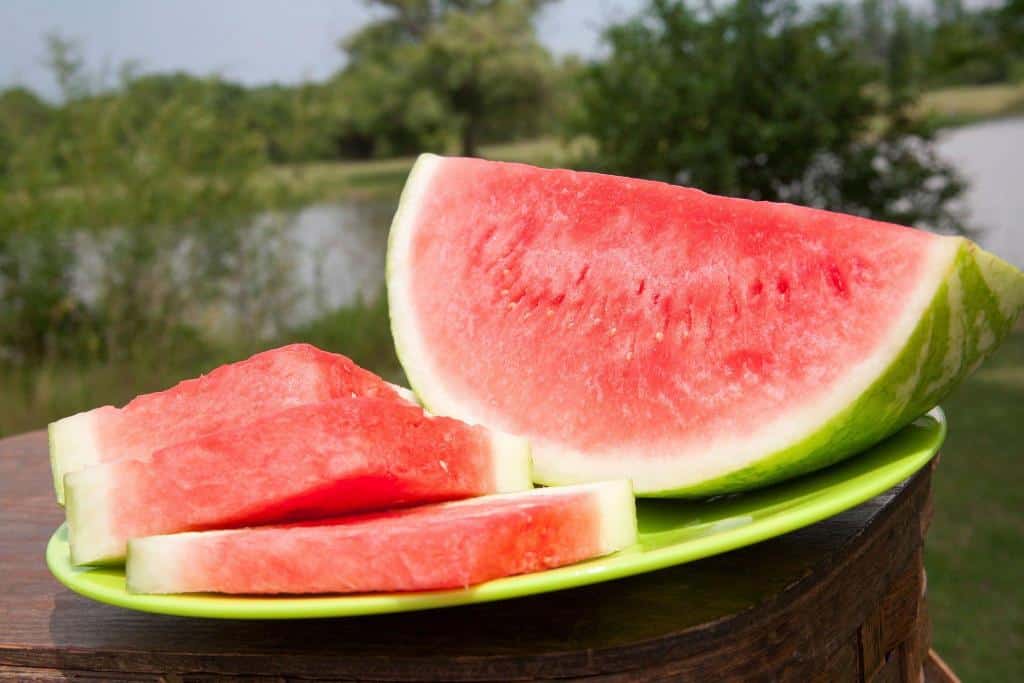
Few summer fruits evoke the sensation of a warm, sunny day better than watermelons. Their sweet, juicy flesh and vibrant pink or red hues make them a staple of picnics and barbecues across the globe. But amidst this refreshing delight, a perennial question lingers: Does seedless watermelon truly taste sweeter than its seeded counterpart?
The debate between seedless and seeded varieties is a contentious one. Seedless watermelons have gained popularity in recent years due to their convenience, but some argue that the seeds contribute to the overall flavor and texture of the fruit. While seedless watermelons may lack those pesky seeds, they can sometimes be lacking in flavor compared to their seeded counterparts.
In this exploration of flavor and sweetness, we’ll break down the differences between these two melon varieties, so you can make an informed choice for your next summer indulgence.
The Tale of Two Melons: Seeded vs. Seedless
Seeded Watermelon:
Seed-spitting contests aside, seeded watermelons have been a cherished classic for generations. The dark seeds, while sometimes an annoyance, have been a part of the watermelon experience for as long as many of us can remember. The flesh of a seeded watermelon is typically crisp and sweet, with a subtle nutty undertone that some find appealing.
Seedless Watermelon:
In the not-so-distant past, the advent of seedless watermelons revolutionized the way we enjoy this summer treat. These melons, as the name suggests, are nearly devoid of those pesky black seeds. Seedless watermelons boast tender, succulent flesh with a sweeter, milder taste, often leaving us wondering if they live up to the hype.
Sweetness Factor: Myth or Reality?
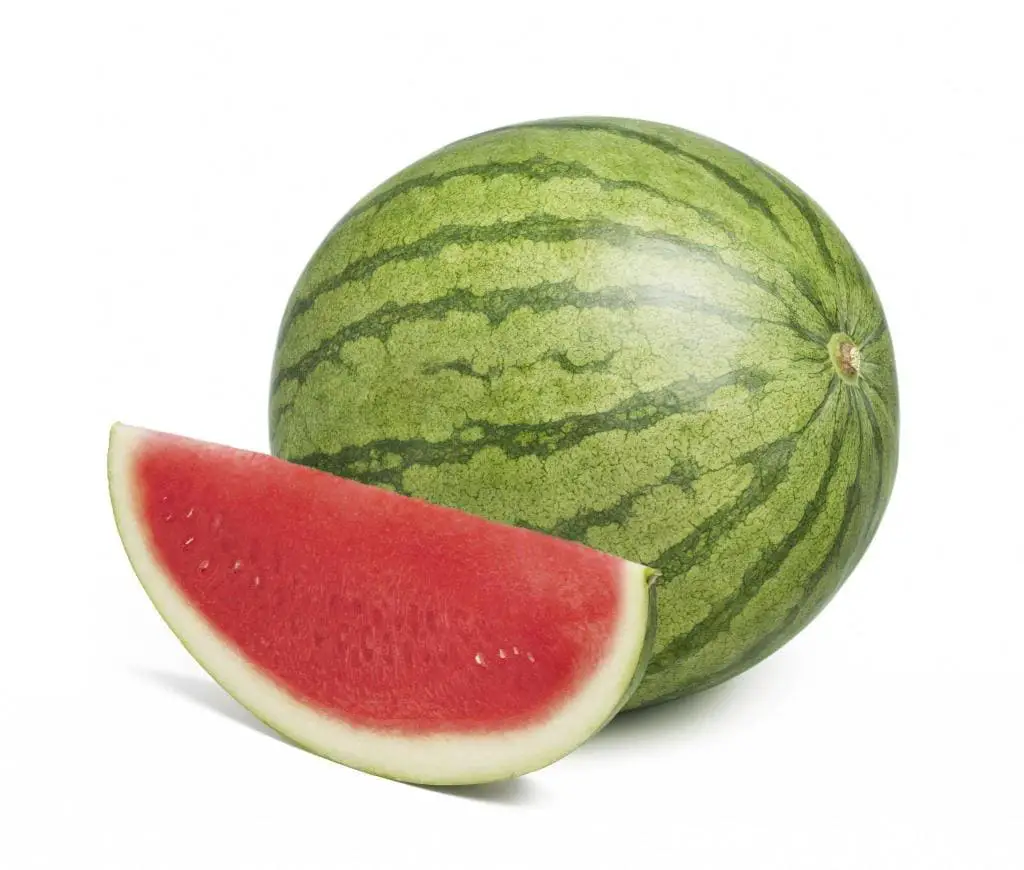
The Science Behind Sweetness
Let’s dive into the science behind the sweetness of watermelons. The perception of sweetness in watermelons primarily comes from the sugar content, specifically fructose. While both seeded and seedless watermelons contain this natural sugar, it’s the balance and concentration that set them apart.
A Closer Look at the Differences
| Characteristic | Seeded Watermelon | Seedless Watermelon |
| Texture | Crisp, slightly grainy | Tender and juicy |
| Seed Presence | Abundant, dark seeds | Few or no seeds |
| Flavor | Sweet with a subtle nuttiness | Sweeter, milder taste |
| Sugar Content | Moderately sweet | Higher sugar content |
Varietal Flavors and Taste Profiles
Seeded Watermelon Taste:
Seeded watermelons offer a classic and satisfying flavor. The seeds can sometimes influence the overall taste, introducing a faint nuttiness that adds complexity to the sweetness. If you appreciate a subtle interplay of flavors, you might prefer the traditional seeded variety.
Seedless Watermelon Taste:
Seedless watermelons, with their scarcity of seeds, provide a pure, uninterrupted sweetness. They are favored for their melt-in-your-mouth juiciness and a flavor that’s often described as ‘cleaner’ and ‘crisper.’ This variety caters to those who relish the quintessential watermelon sweetness.
See also: How Seedless Watermelons Are Made
Nutritional Value: Seedless vs. Seeded Watermelons
When it comes to watermelons, we often debate between seedless and seeded varieties in terms of taste and convenience. However, let’s dig deeper into their nutritional value.
Seedless watermelons are a popular choice due to their ease of consumption, but do they differ from their seeded counterparts in terms of nutrients? While both types contain high levels of vitamins A and C, along with dietary fiber, the presence of seeds can actually enhance the nutritional profile.
Watermelon seeds are packed with essential minerals like magnesium, iron, and zinc. Incorporating these seeds into your diet not only provides an added crunch but also contributes to a well-rounded intake.
Contrary to popular belief, seeded watermelons offer more than just a source of annoyance during eating; they bring additional health benefits that cannot be ignored. The black seeds found in traditional watermelon varieties have been used for centuries in traditional medicine due to their impressive medicinal properties.
Rich in antioxidants such as lycopene and phenolic compounds, these seeds help fight inflammation, boost immune function, and may even aid in preventing chronic diseases like cancer and heart disease. Furthermore, consuming whole fruits, including the naturally occurring seeds, gives you the full spectrum of nutrients intended by nature.
Factors Influencing Taste
Several factors can influence the taste of both seeded and seedless watermelons, regardless of their inherent qualities. Consider these variables when determining the overall flavor:
- Ripeness: Ripe watermelons, whether seeded or seedless, are usually sweeter. Look for telltale signs like dull skin, a hollow sound when thumped, and uniform coloring.
- Growing Conditions: Soil quality, climate, and even the specific farm where a watermelon is grown can affect its flavor.
- Harvesting Time: Timing is crucial. Watermelons harvested at their peak of ripeness tend to be sweeter.
- Storage and Transportation: Proper storage and care during transportation can prevent bruising, which can negatively impact taste.
Selecting the Perfect Watermelon
No matter which variety you prefer, the key to enjoying a delicious watermelon is selecting the right one. Here are some tips for picking the perfect melon:
- Inspect the Skin: A uniform skin color without blemishes or bruises is a good sign. Dull skin is also preferable to shiny skin.
- Check the Field Spot: The field spot is the area where the watermelon rested on the ground. It should have a creamy yellow color.
- Sound Test: Gently tap the watermelon. A hollow sound is an indicator of ripeness.
- Weight: A heavy watermelon is usually juicier. Water content contributes to weight.
- Avoid Imperfections: Pass on melons with dents, cuts, or irregularities.
- Consider Your Preferences: Decide whether you want the traditional seeded experience or the seedless convenience.
The Verdict
So, does seedless watermelon taste sweeter than a seeded one? The answer lies in your personal preferences. Both varieties offer unique experiences and flavors. If you savor a cleaner, sweeter taste without the distraction of seeds, opt for seedless watermelons.
However, if you appreciate the traditional, slightly nutty undertone and don’t mind the seeds, the classic seeded watermelon may be your choice.
Conclusion
The world of watermelons is one of delightful contrasts. Seeded and seedless watermelons each have their own allure and flavor profile. While some may find seedless watermelons sweeter and crisper, others may cherish the familiar nutty undertones of the seeded variety.
Ultimately, it’s a matter of personal taste, and the perfect watermelon is the one that leaves you refreshed and satisfied on a hot summer’s day. So, this season, make your choice and savor the sweetness of your selected melon, knowing that both have their place in the summer sun.
FAQs on Seedless vs. Seeded Watermelon Taste Comparison
What makes seedless watermelon sweeter?
Seedless watermelons often taste sweeter due to a higher concentration of sugars, as the energy that would have been used for seed development is redirected towards sugar production, enhancing the overall sweetness.
Are there different varieties of sweet watermelons?
Yes, there are various varieties of sweet watermelons, each with distinct flavor profiles and sugar levels, influenced by factors such as growing conditions, region, and cultivation techniques.
Do seeds affect the taste of watermelons?
While seeds themselves do not directly affect the taste of watermelons, their presence can impact the overall texture and mouthfeel, which can indirectly influence the perception of sweetness.
How can you tell if a watermelon is sweet?
You can determine the sweetness of a watermelon by tapping its surface and listening for a deep, hollow sound, checking for a yellowish underside, and examining the uniformity of its shape and size.
What factors contribute to the taste of watermelons?
Several factors contribute to the taste of watermelons, including sugar content, the balance of flavor compounds, ripeness at harvest, environmental conditions, and the specific variety of the watermelon.
Are seedless watermelons genetically modified to taste sweeter?
No, seedless watermelons are not genetically modified to taste sweeter. Their sweetness is a result of the natural biological processes that occur due to the absence of seeds.
Can the external appearance of a watermelon indicate its sweetness?
Although a watermelon’s external features can give some indications of sweetness, they cannot be the only factor. Factors like color, shape, and size may suggest ripeness, but not necessarily sweetness.

